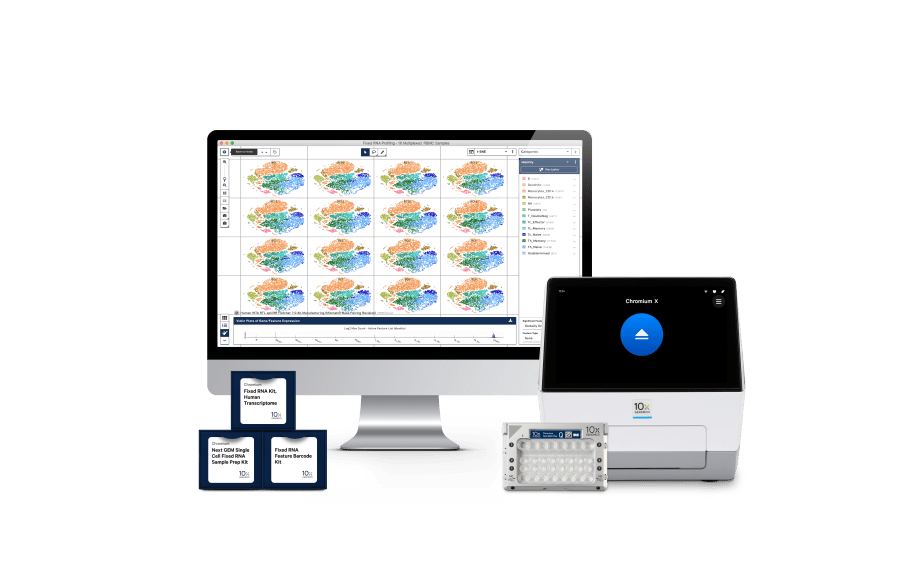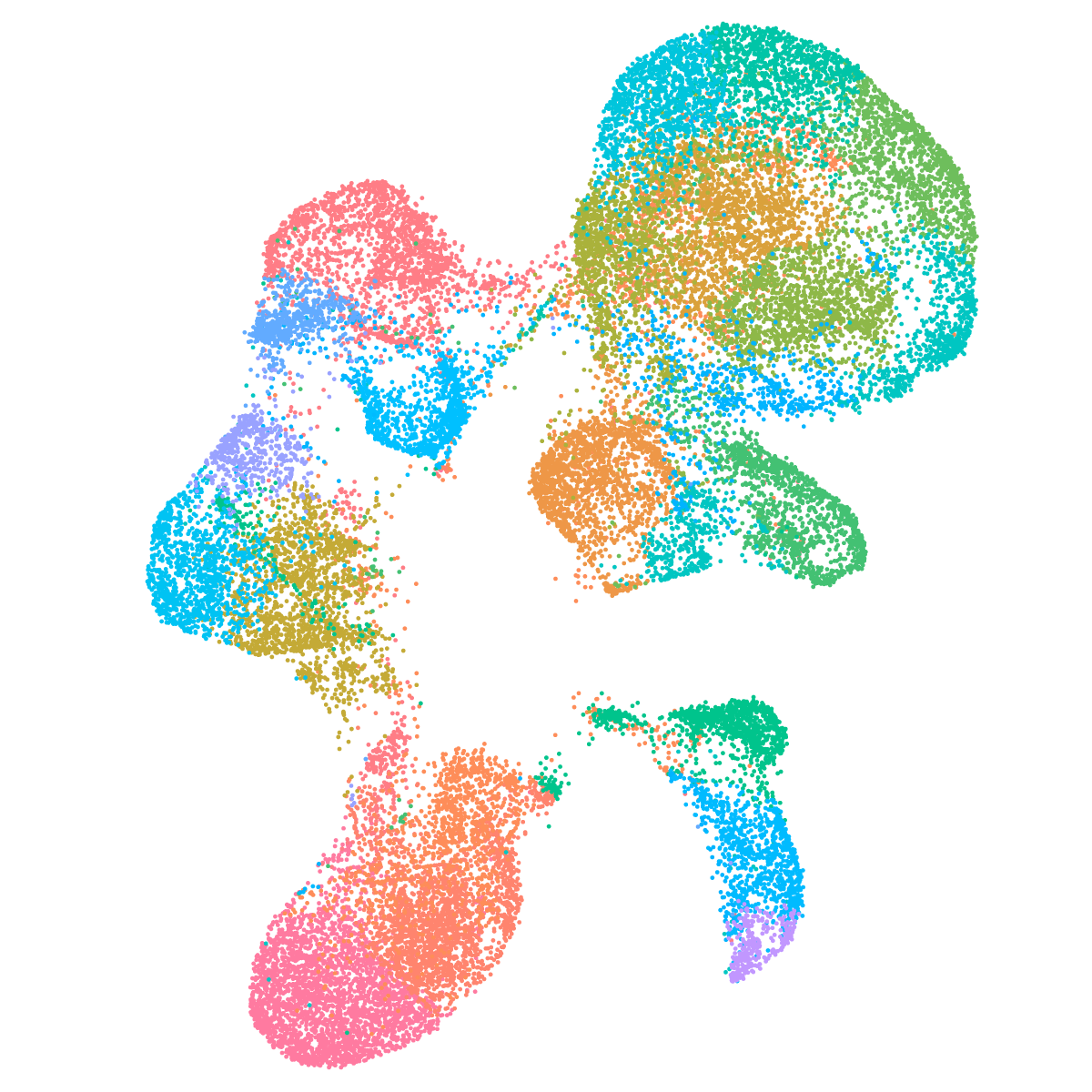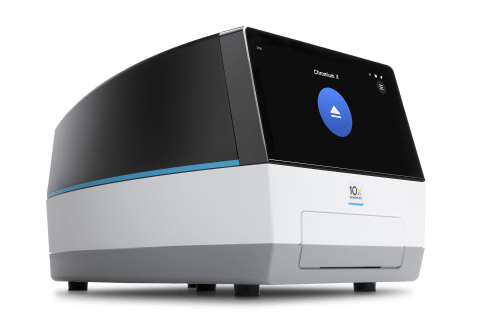High sensitivity
Recover more cells and detect low-expressing genes with our most sensitive single cell chemistry.
Choose your scale
Design the experiment that fits your needs, with the flexibility to run 1 to 128 samples, or up to 1 million cells per run.
Single cell on your terms
Fix cell state at the point of collection to improve batching, simplify sample transportation, and run assays on your schedule.
Access FFPE samples
Advanced chemistry brings single cell analysis to archived samples, enabling robust, sensitive profiling of FFPE tissue.
Maximize resources
Batch and multiplex samples to minimize handling, improve efficiency, and reduce per-sample costs by up to 75%.
Streamlined data analysis
Explore and interpret gene expression profiles with easy data management and rapid processing.
What you can do
Empower longitudinal and larger patient cohort studies
Store samples without losing data quality, allowing you to batch multiple samples in the same run and reduce variability.
Profile tissue biopsies from the operating room
Streamline sample preparation and processing steps by fixing cell states at the time of collection.
Simplify logistics for single cell experiments
Maintain quality during sample collection and transport for research on a global scale, with a reliable protocol that preserves biology.
Perform sensitive analysis of biobanked tissues
Uncover insights into oncology and neuroscience by profiling FFPE samples from clinical trials or other translational studies.
Our end-to-end solution
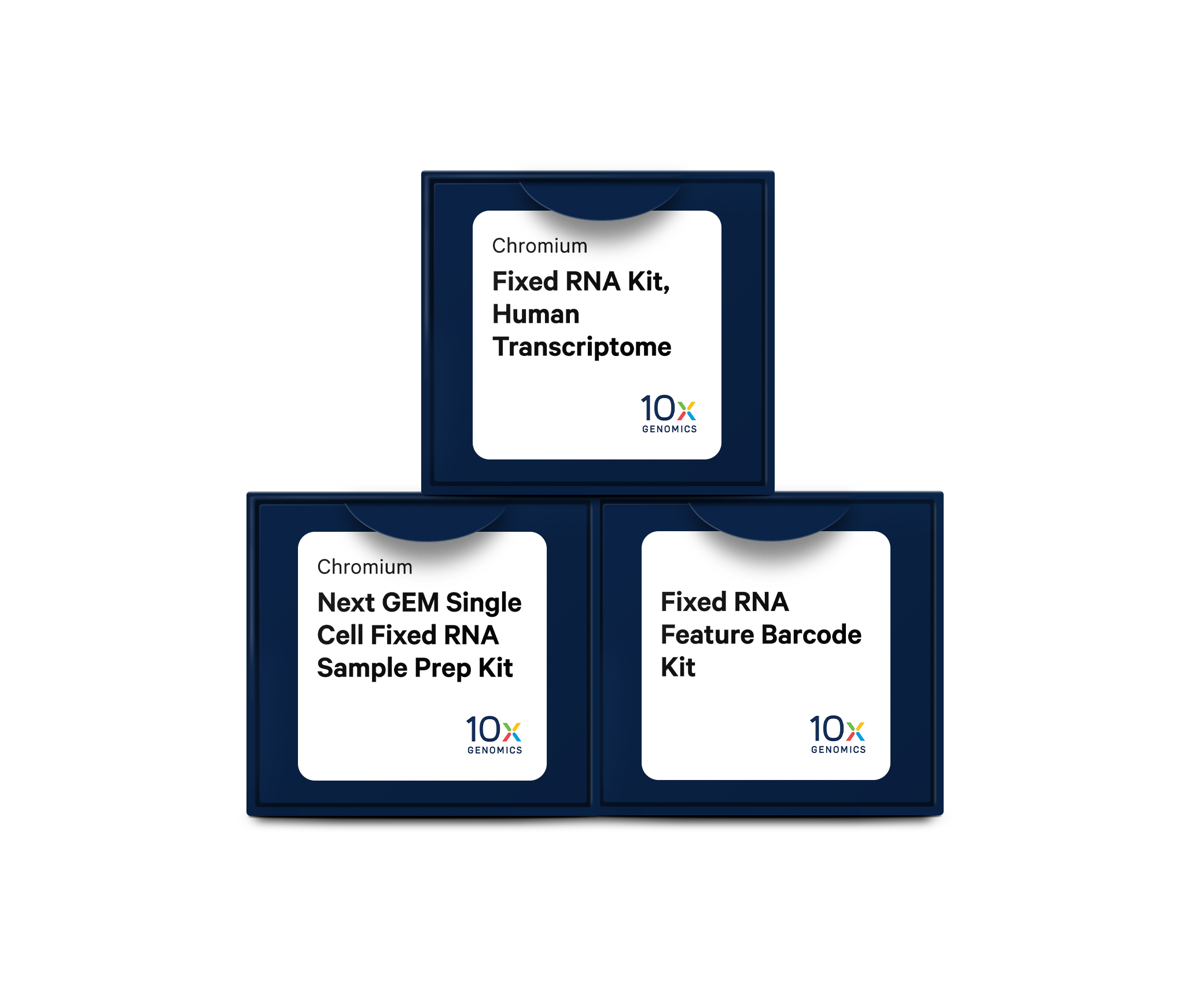
Chromium Single Cell Gene Expression Flex kits
With our reagent kits, explore cellular diversity through single cell, whole transcriptome analysis of PFA-fixed or FFPE samples for human or mouse, including simultaneous measurement of cell surface proteins.
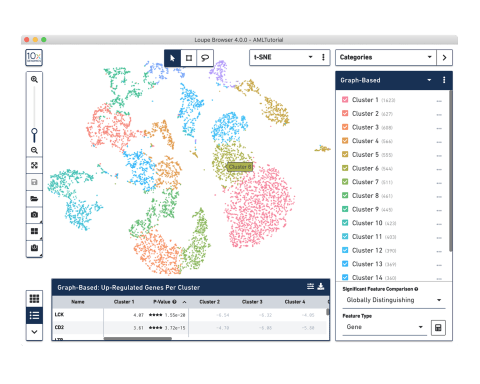
Analysis and visualization software
Our data processing platform
Our analysis pipelines
Our visualization software

World-class technical and customer support
Our expert support team can be contacted by phone or email.
Workflow
Scroll to see the base workflow for Single Cell Gene Expression Flex. Options are included for sample multiplexing or use of the Feature Barcode kit for Cell Surface Protein detection.
- 1
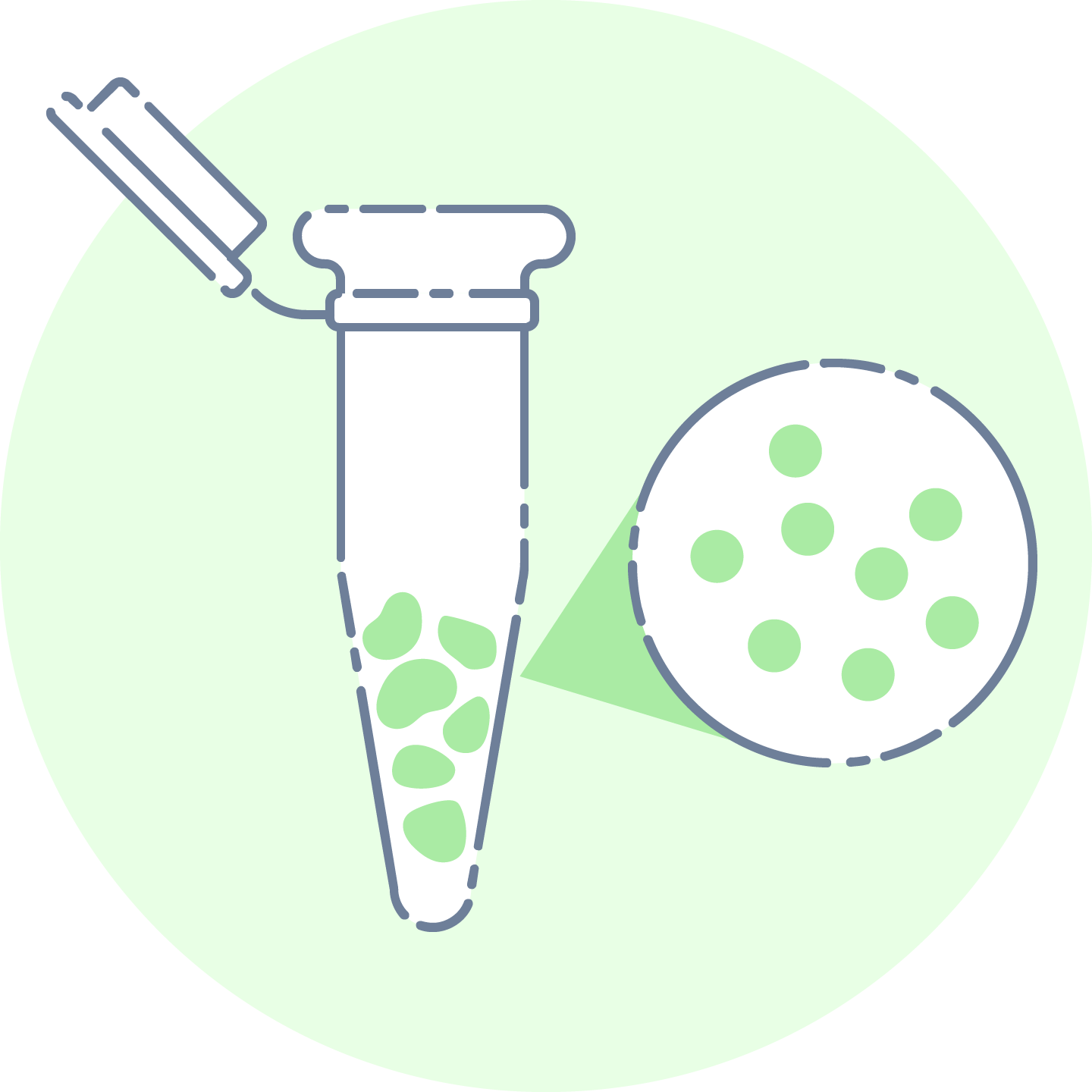
Collect your samples
Start with tens of thousands to millions of cells. For fresh samples, follow best practices for sample preparation to obtain a high-quality single cell suspension (or skip to Step 2 to fix tissue). If desired, stain cells with Feature Barcode technology to profile cell surface proteins simultaneously with gene expression.
For FFPE samples, follow our Demonstrated Protocol for guidance on how to dissociate FFPE tissue for use with this assay, then move directly to Step 3.
Resources - 2

Fix and permeabilize samples
Follow our straightforward protocol to fix samples in paraformaldehyde (PFA), locking in biological states and preserving fragile cells. At this point, samples can be safely transported or stored at –80°C until you’re ready to work with them.
If working with FFPE samples, skip this section and move directly to Step 3.
Resources - 3
Construct your 10x library
Hybridize the probe set to your fixed samples, then perform ligation and extension reactions on the Chromium iX or X instrument to construct a 10x barcoded library. Within each nanoliter-scale partition, cells undergo RNA-templated ligation such that each resulting product shares a 10x Barcode from its individual cell of origin. For multiplexing workflows, hybridize your samples to probe sets, pool samples together, and proceed as usual—with up to 16 samples in a single lane of a Chromium chip. In this case, another unique barcode attached to each set of probes allows you to assign each individual molecule back to the sample it came from.
Resources - 4
Sequence
The resulting 10x barcoded library is compatible with standard NGS short-read sequencing on Illumina sequencers for massive transcriptional profiling of hundreds of thousands of individual cells at once.
Resources - 5
Analyze and visualize your data
Use our Cell Ranger analysis software to generate expression profiles for each cell, identify clusters of cells with similar profiles, and aggregate data from multiple samples. Interactively explore the results with our Loupe Browser visualization software.
Analysis pipelines output
Output includes QC information and files that can be easily used for further analysis in our Loupe Browser visualization software, or third-party R or Python tools.
Resources
Frequently asked questions
It enables the comprehensive profiling of the transcriptome (human or mouse) from single cells using a probe-based approach. The addition of Feature Barcode technology enables simultaneous profiling of cell surface protein expression for multidimensional insights into complex biology. This assay also enables sample multiplexing to increase your throughput and workflow efficiency.
In a direct comparison study, the Single Cell Gene Expression Flex assay was shown to be twice as sensitive as the Single Cell 3’ Gene Expression assay.
Fixation of samples preserves cell states, removing time constraints that can make single cell analysis challenging. The fixation protocol enables the transport of precious and/or fragile samples from the point of collection to central sites, such as core labs or service providers, for processing.
Fixation also enables greater efficiency in sample batching, which allows for more convenient workflows and reduces variability. Fixation can also neutralize infectious agents, and following proper validation of this step, samples may no longer need to be handled in a BSL-3 lab.
Human and mouse samples are compatible with this assay. Start with a fresh single cell suspension and follow our fixation protocol, or start with FFPE tissue and follow our Demonstrated Protocol for guidance on dissociating FFPE samples for use with Single Cell Gene Expression Flex.
Cell Ranger is a set of analysis pipelines that will automatically generate expression profiles for each cell and identify clusters of cells with similar expression profiles. Subsequently, Loupe Browser, our visualization software, can be used to interactively explore the results. Both of these tools can be freely downloaded from our support site, and you can analyze 10x Genomics datasets on your own computer.
10x Genomics Cloud Analysis, currently available in the US only, will enable you to process your Single Cell Gene Expression Flex data through a simple web interface, leveraging an optimized, scalable infrastructure for fast results. Users can set up and run Cell Ranger pipelines through this cloud interface.
